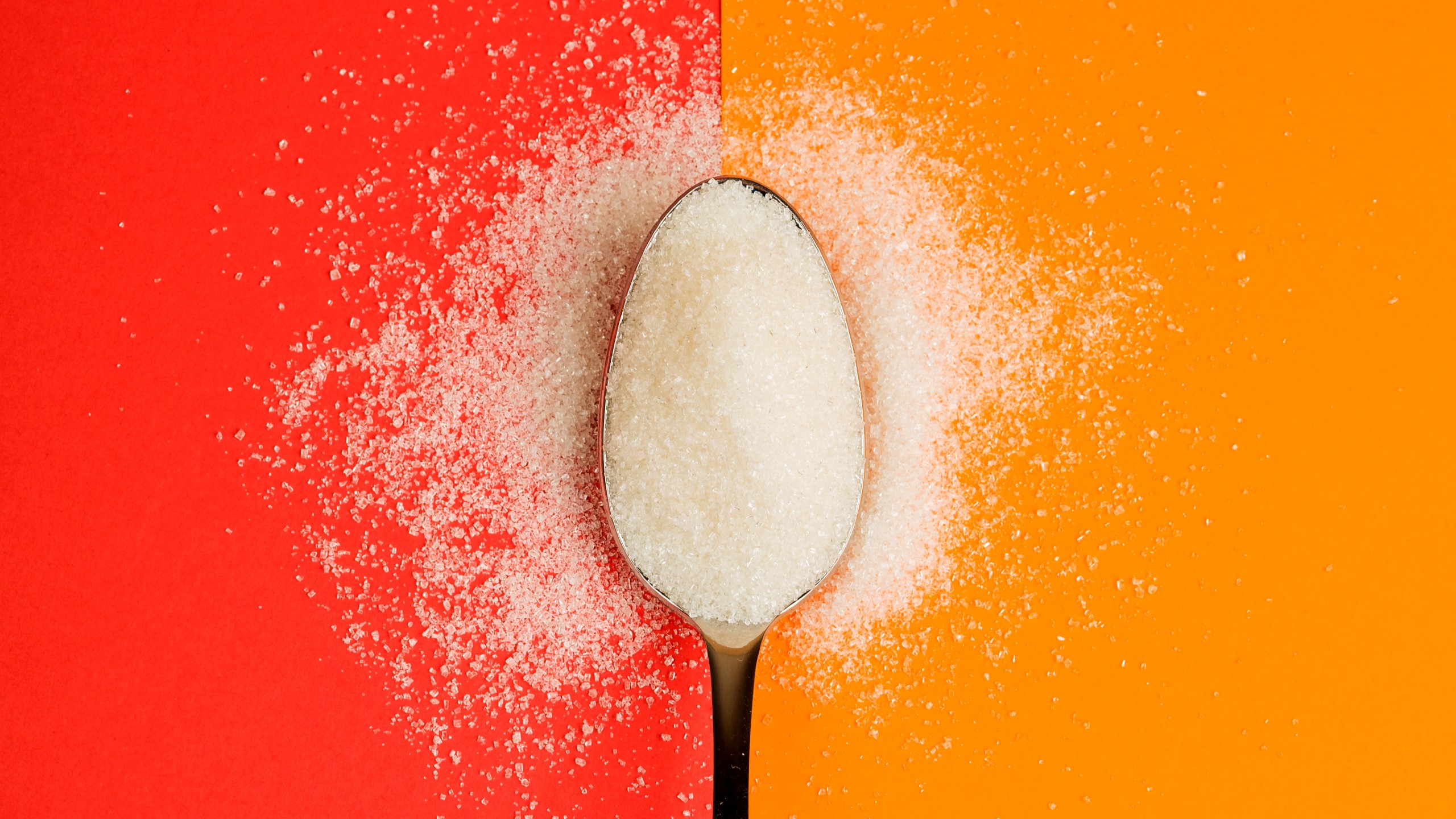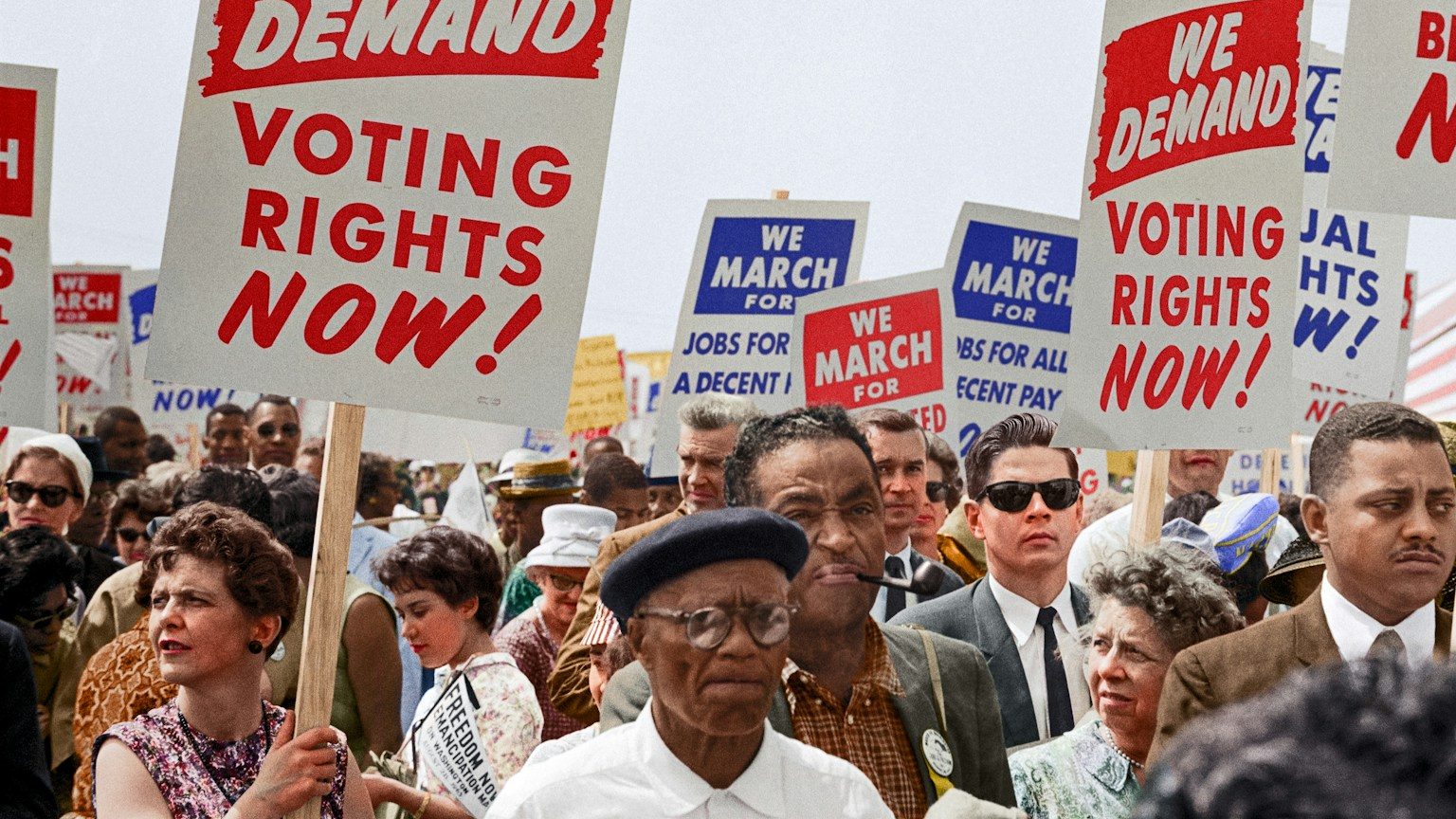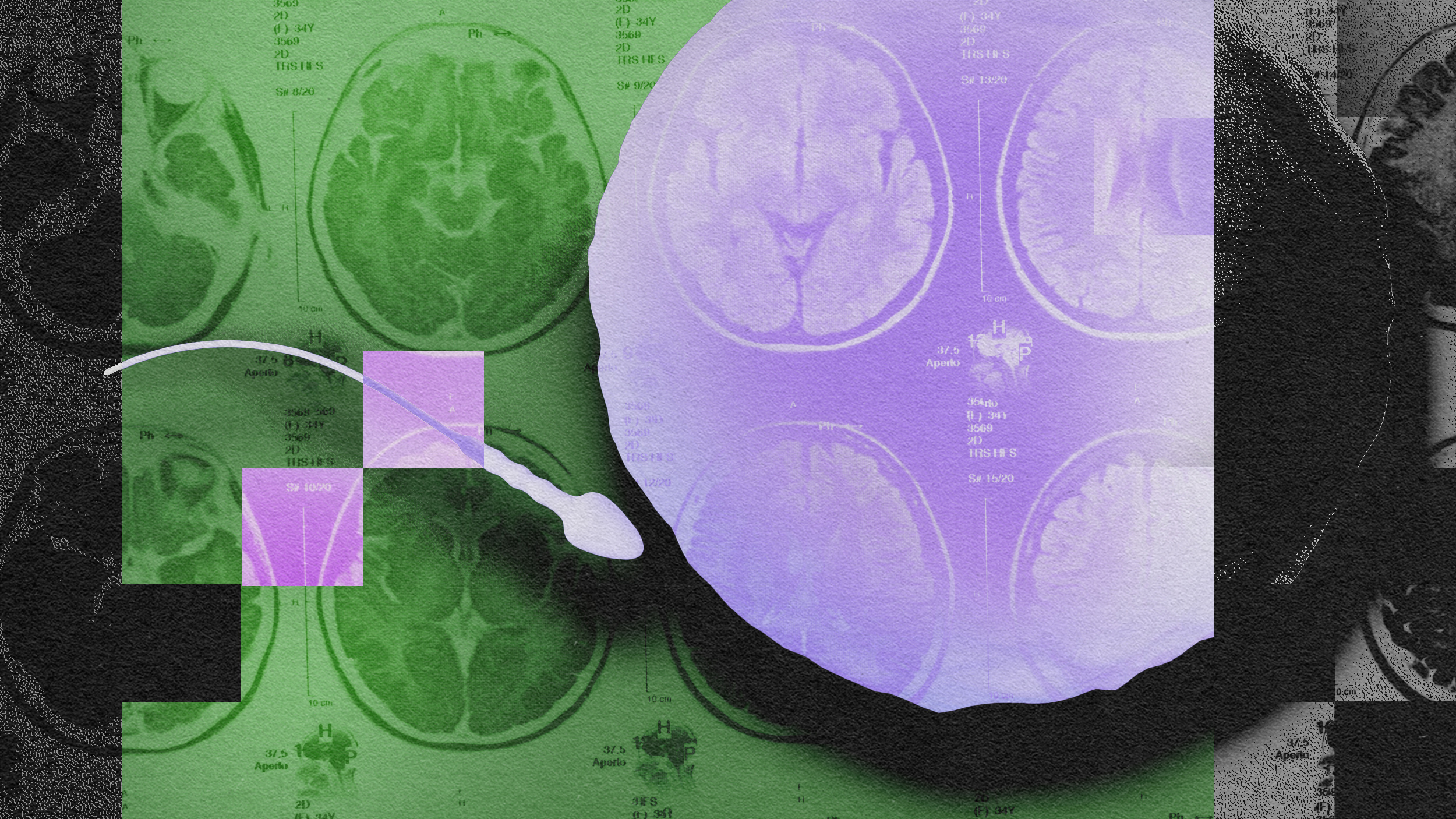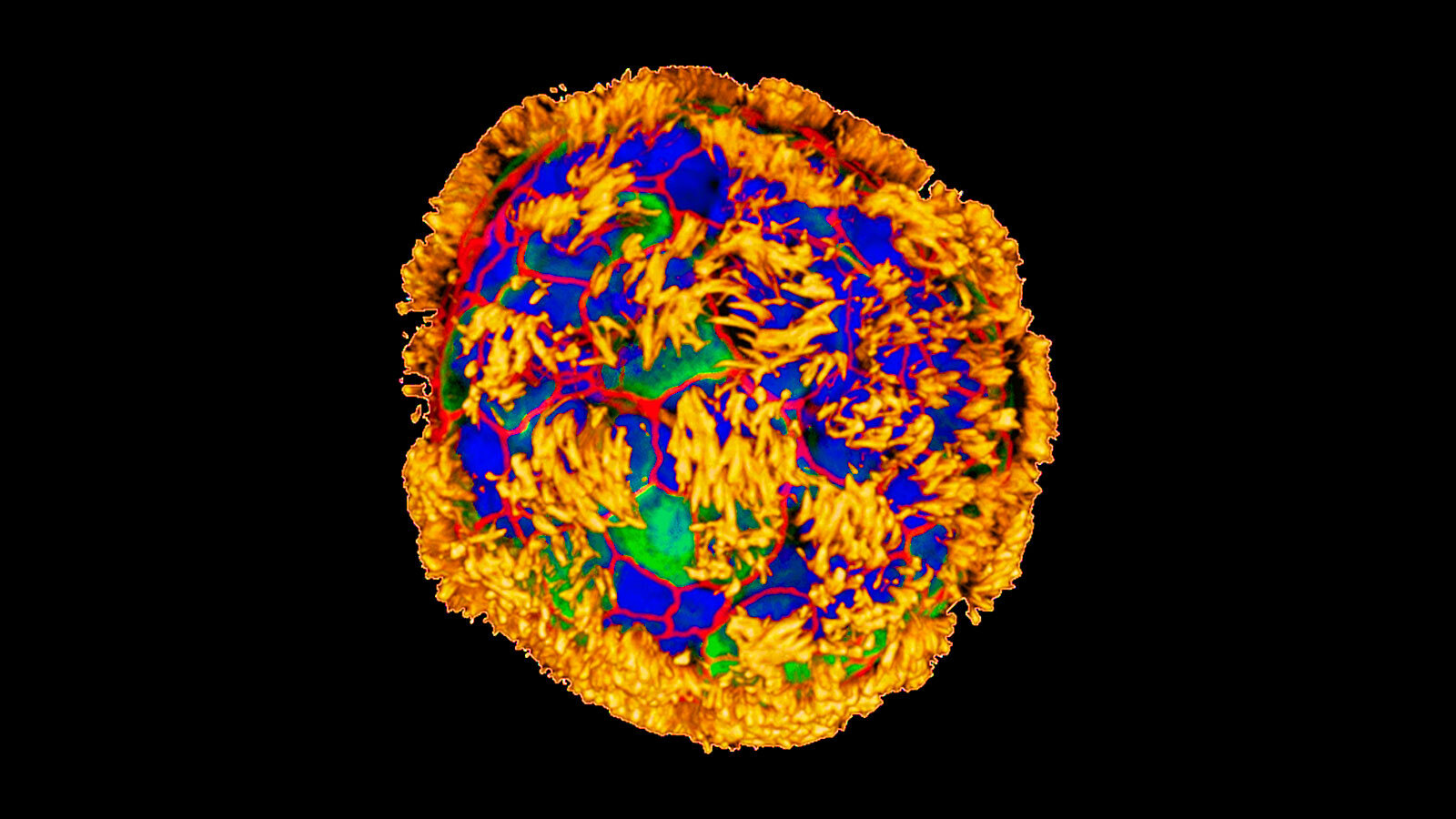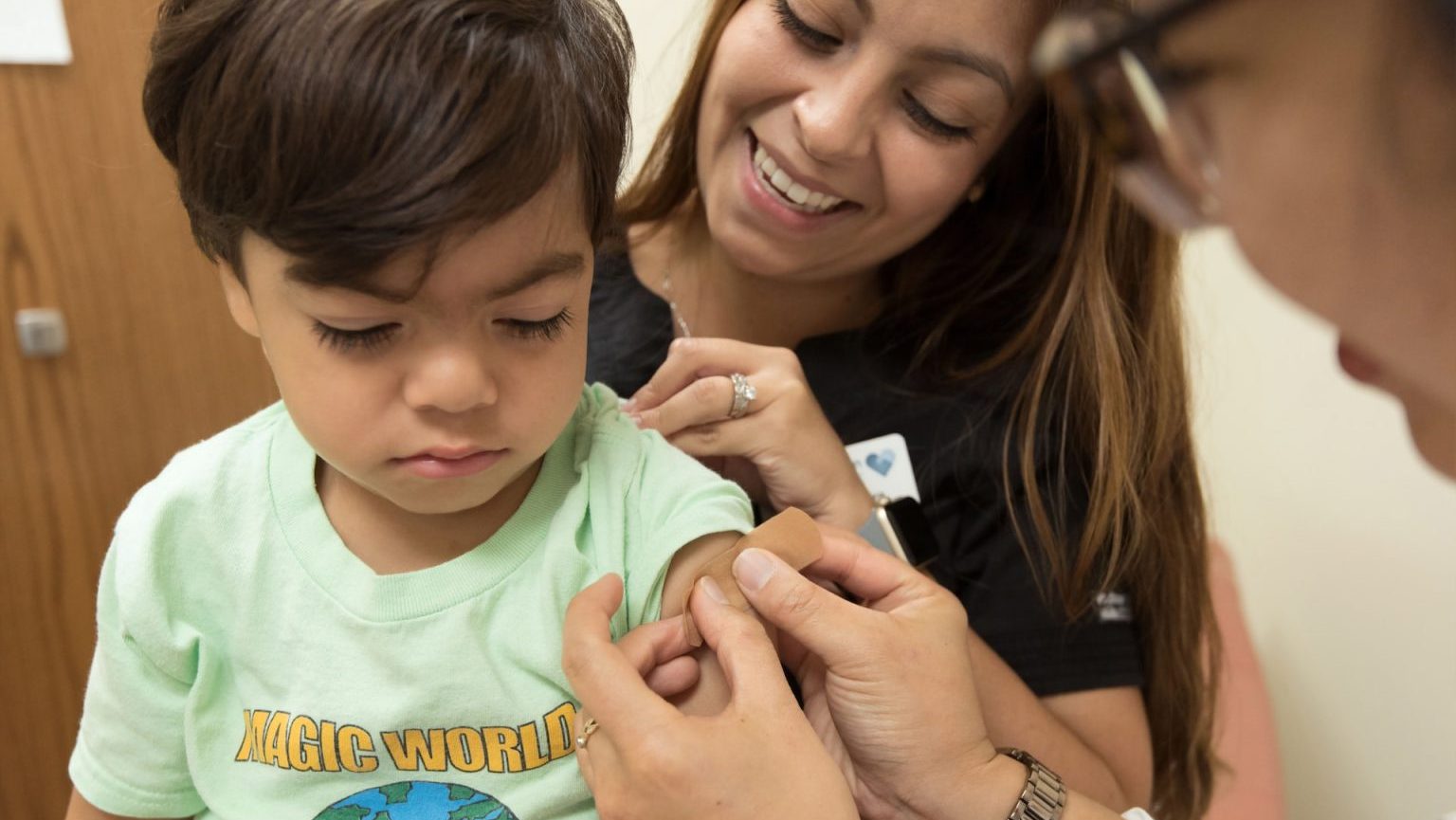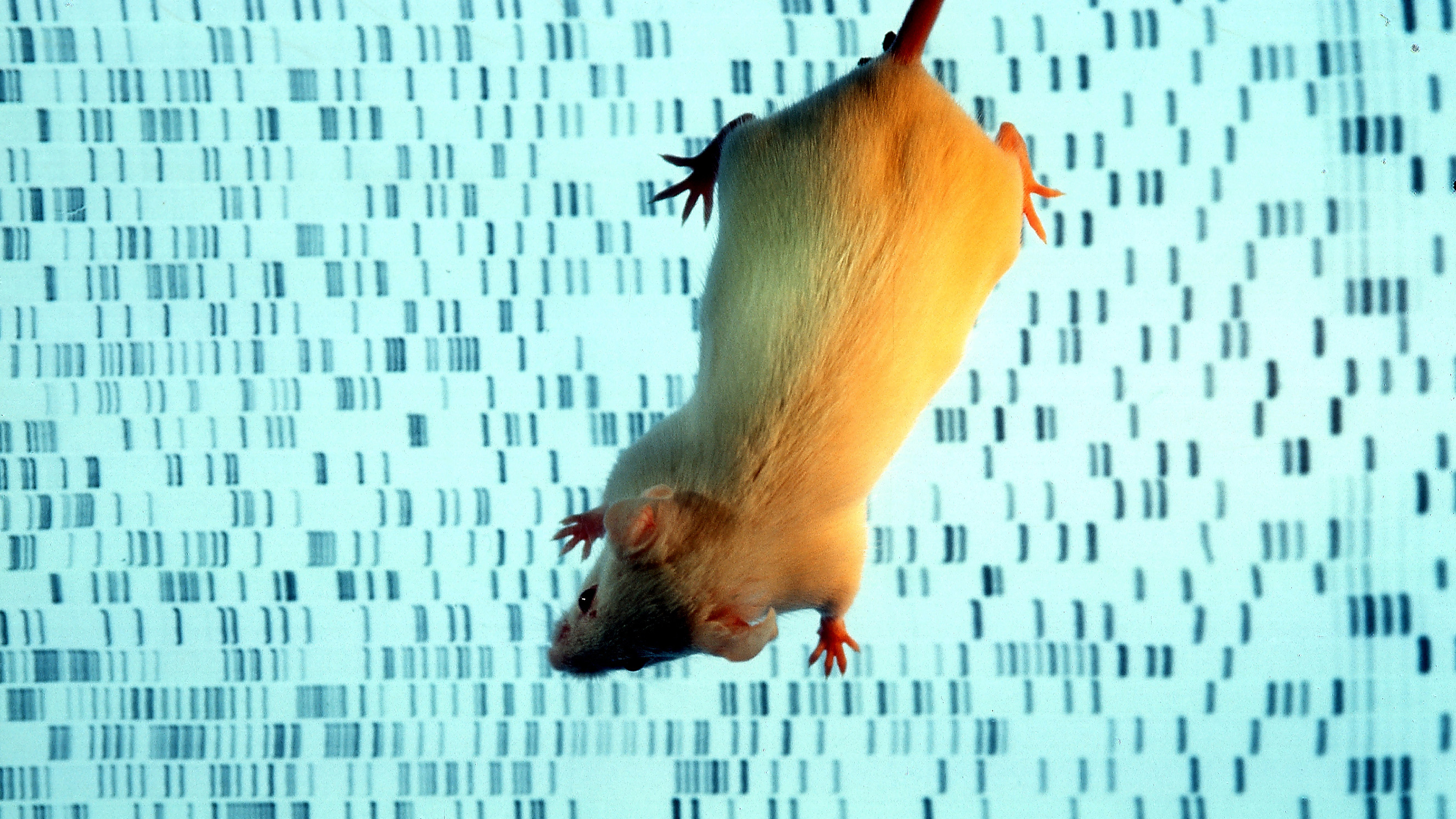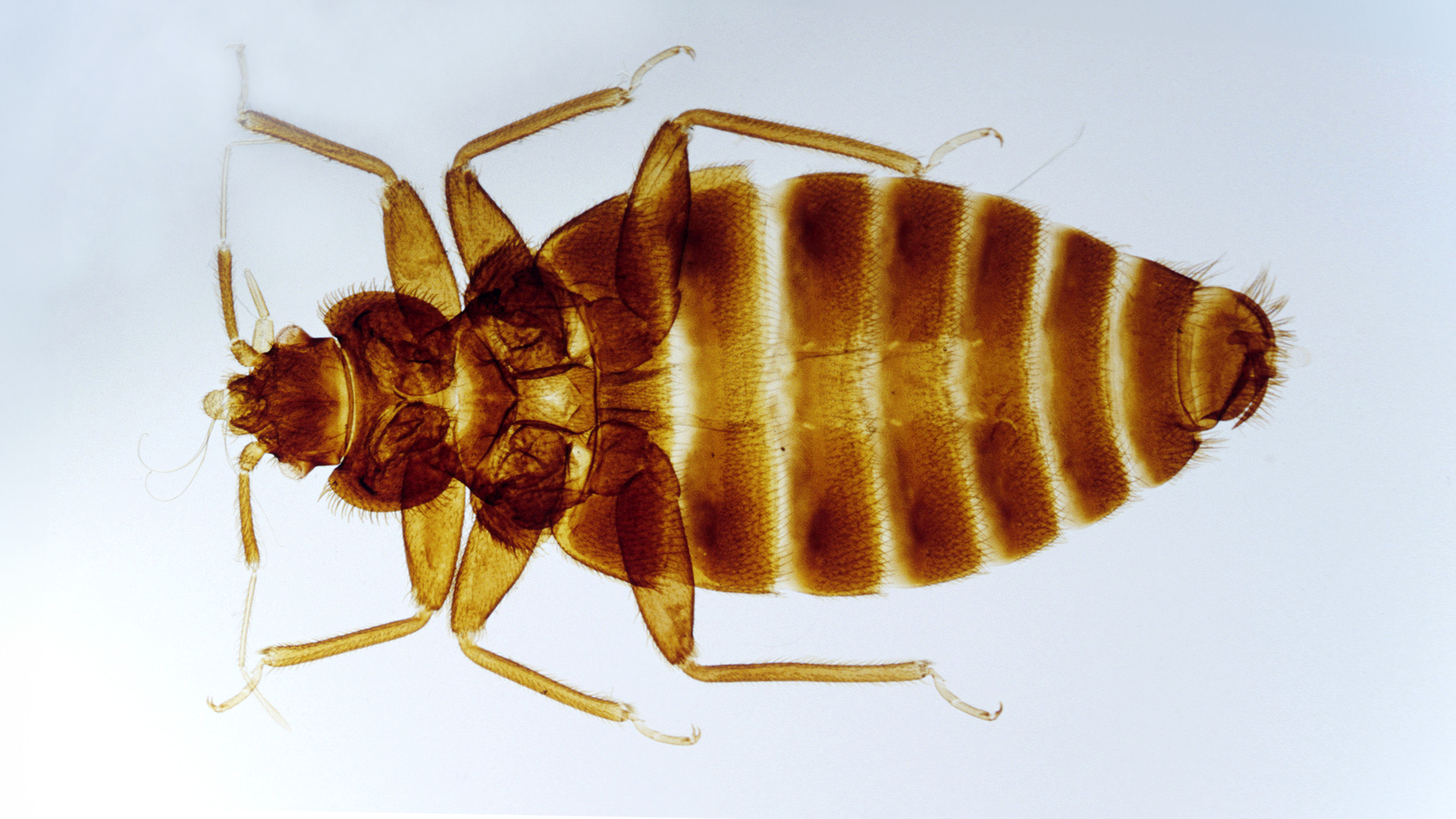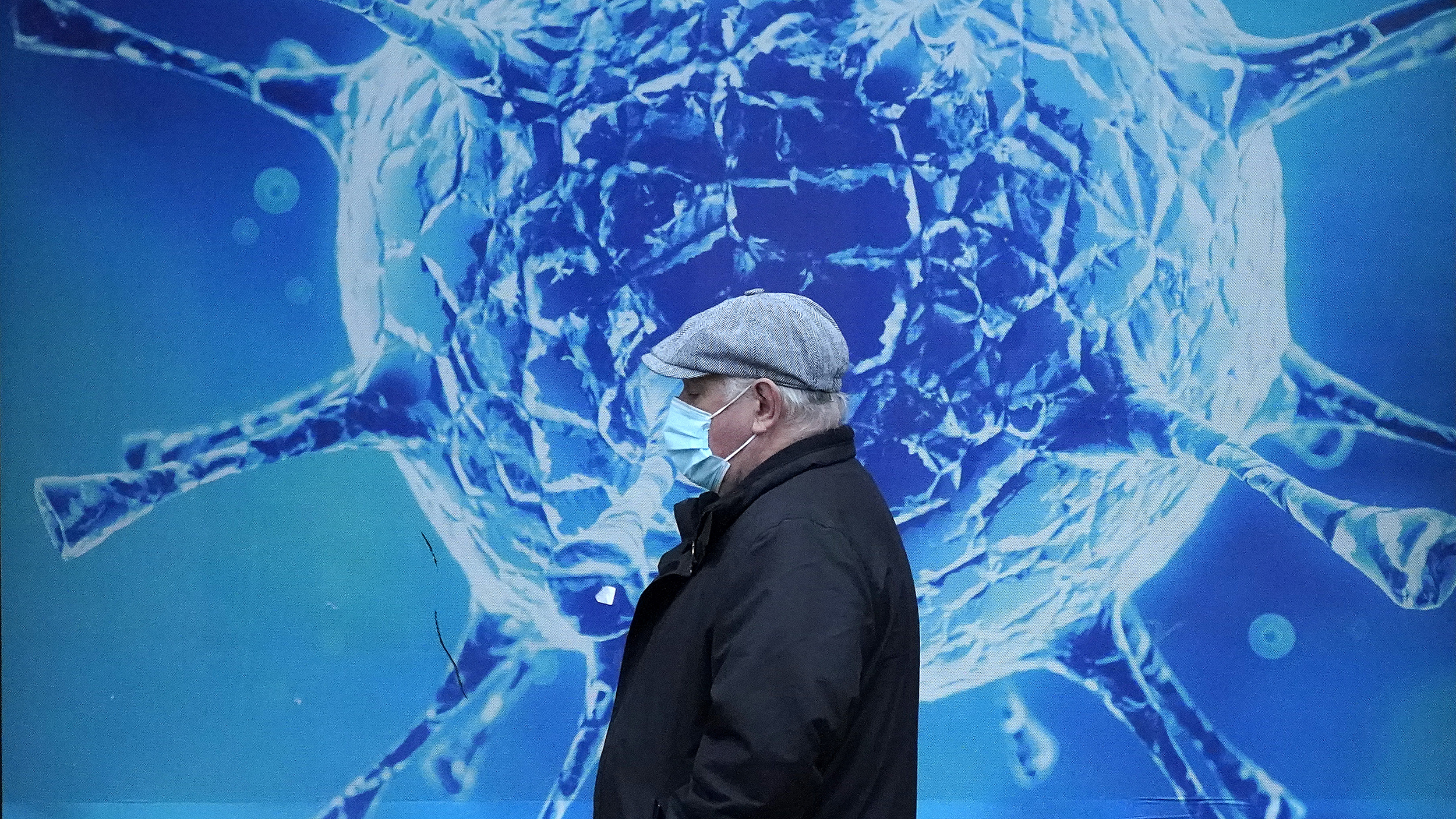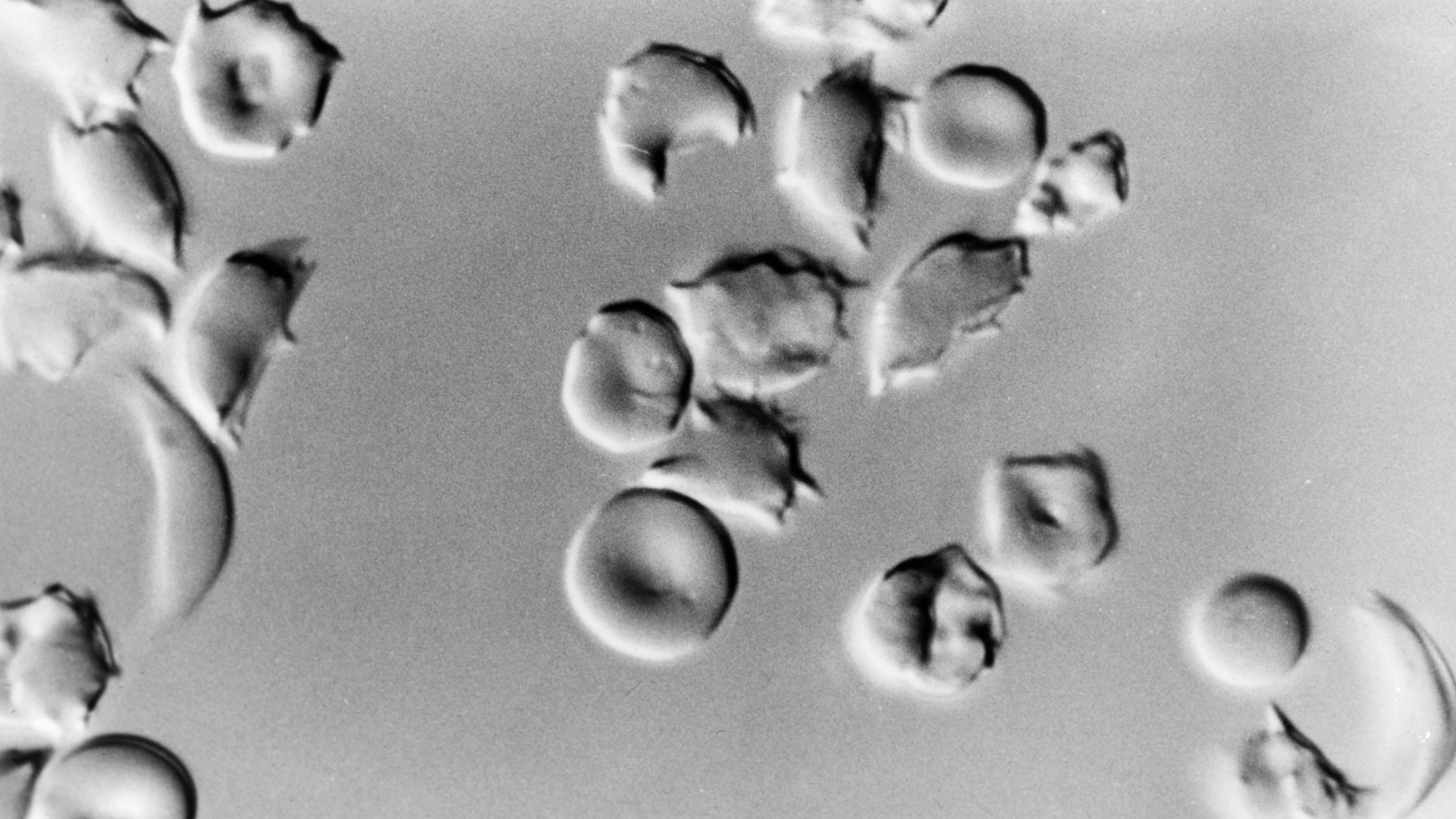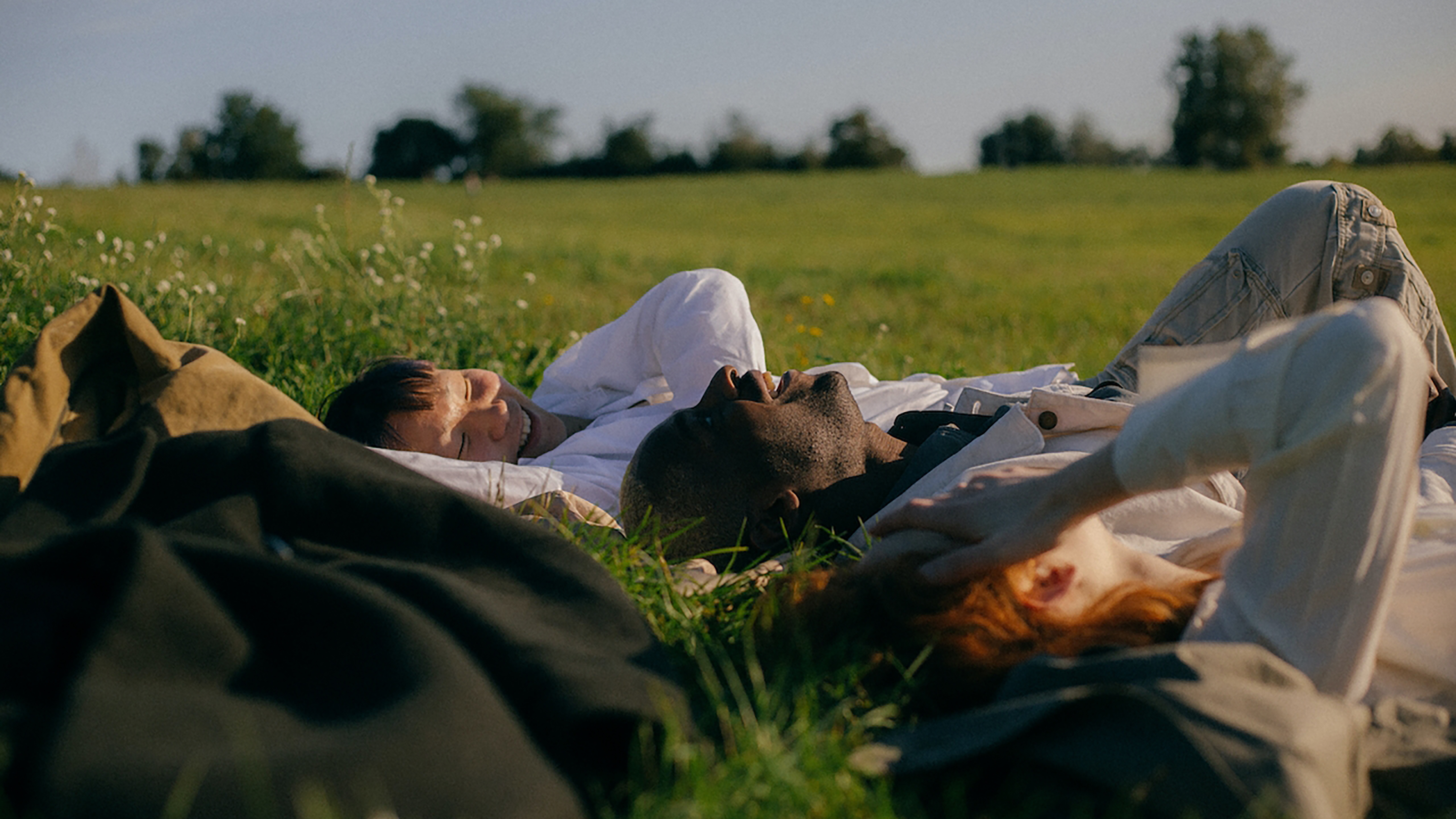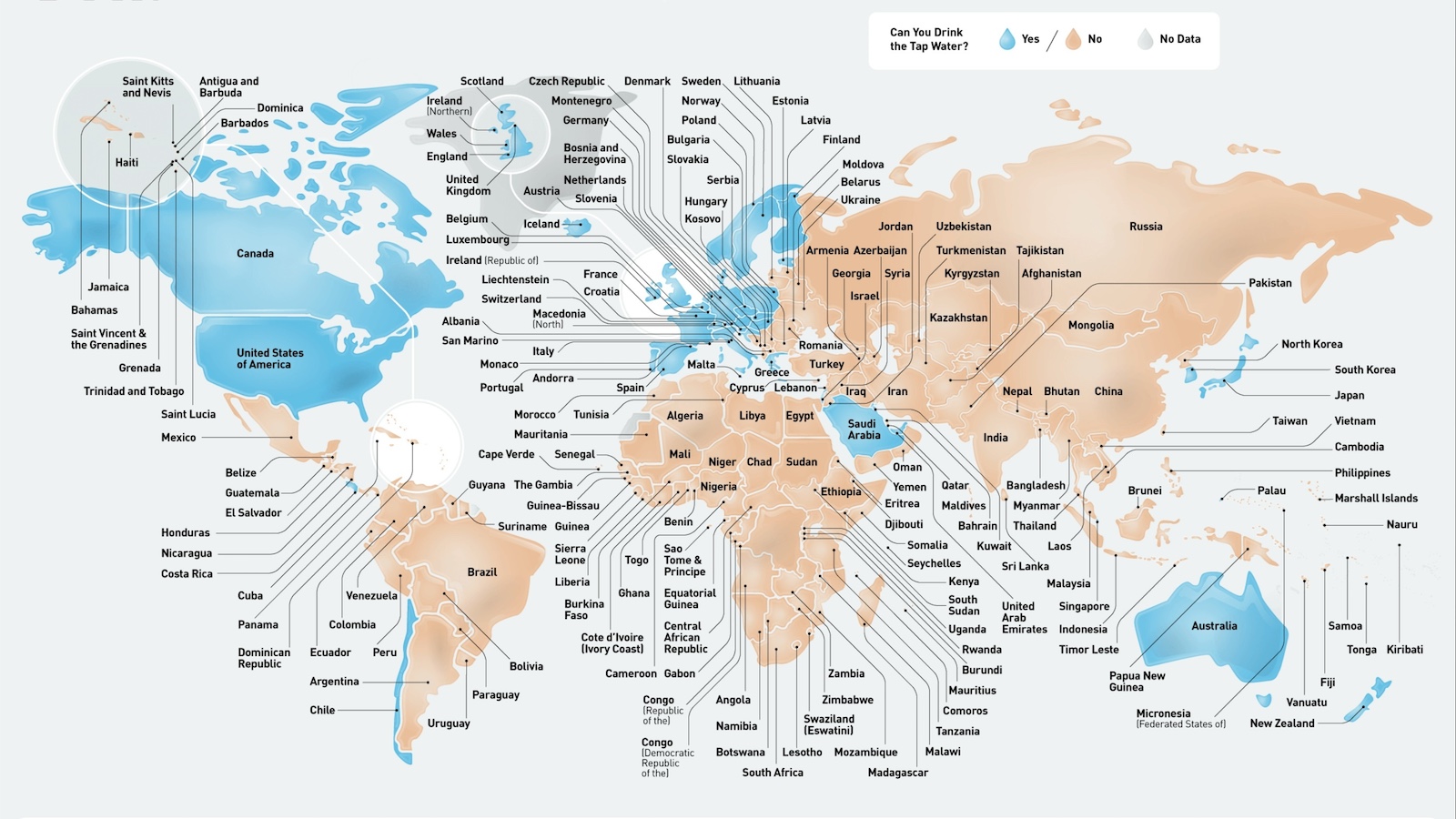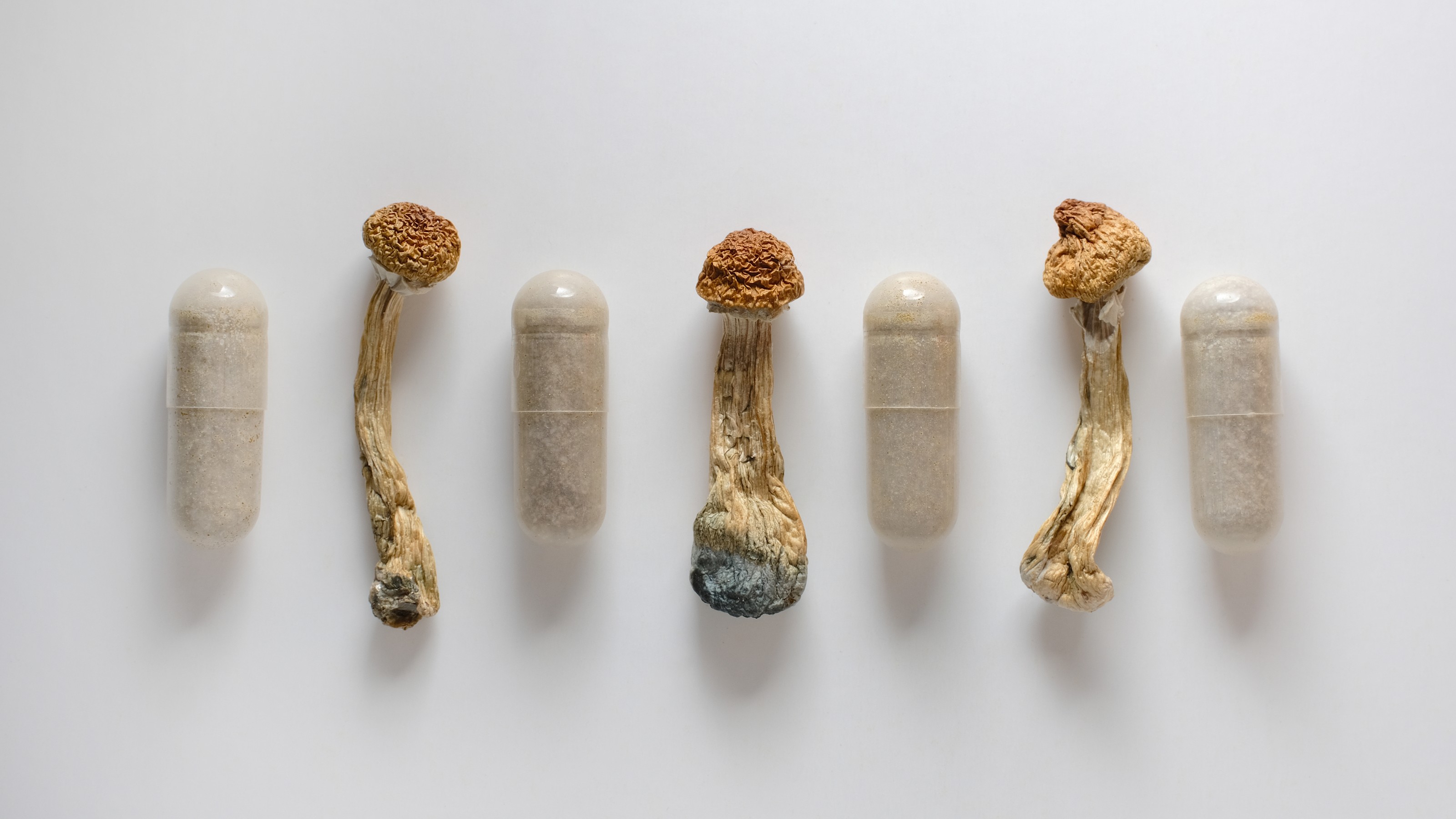Public Health & Epidemiology
Poor research can be worse than no research at all.
More than 90% of sexually active men will be infected with human papillomavirus in their lifetime. The virus may reduce fertility.
The sober reality behind the effectiveness of two new drugs touted as Alzheimer’s breakthroughs: lecanemab and donanemab.
Britain is profiling the genes, health and lifestyles of its citizens and handing the results to scientists across the world.
Do the benefits of plastics outweigh the costs?
There is a cross-country correlation between democracy and health. Is there good evidence to suggest it is causal?
Western societies seem to be getting inflammation achingly wrong.
Could subfertility be an under-explored factor in autism risk?
The bots started as windpipe cells, yet they helped nerve cells repair and grow.
The FDA approved a single-dose, long-acting injection to protect babies and toddlers from RSV over the fall and winter.
With any occupation comes a risk of health and safety hazards. When it comes to being Santa Claus, the challenges are unique.
The study is a solid step toward developing gene therapies against neurodevelopmental disorders.
Lockdowns moved the burden of COVID from the at-risk elderly to the less-at-risk young. Does this sacrifice merit compensation?
The evidence that pollution causes cancer is weak. Lifestyle factors, like smoking, obesity, and alcohol, matter far more.
Claims of a sudden infestation appear unfounded.
People with higher immune resilience live longer, resist diseases, and are more likely to survive diseases when they do develop.
Artificial intelligence can forecast the behavior of viruses and quickly make vaccines to thwart them.
“Precarious manhood” is the belief that manhood must be earned and constantly defended. It has a poor outcome.
A cure may be on the horizon.
A new hypothesis accuses the simple sugar of wrecking energy metabolism.
Bathtubs and toilets each got their own rooms until health professionals urged architects to put all the plumbing in one room.
A healthy lifestyle even protects those who are genetically predisposed to depression.
According to the CDC, 50 countries worldwide have drinkable tap water. But look closer, and the picture is more nuanced.
The benefits of the psychedelic seem to last long after the trip wears off.
The milestone puts us one step closer to ending the organ shortage.
The young and healthy were not just as likely to die as the old and frail, according to a new analysis.
It temporarily puts the immune system on high alert to prevent MRSA, pneumonia, and other infections in the hospital.
You are much more likely to die in a car crash than from terrorism. Yet, philosopher Eran Fish says fearing terrorism more is justified.
France’s notorious disregard for washing gradually changed as military authorities and public schools promoted a modern regime of cleanliness.
If not treated, the disorder drastically increases one’s risk of death.
